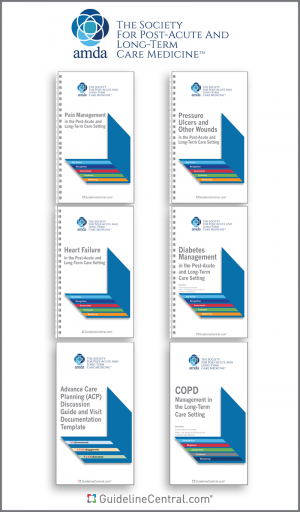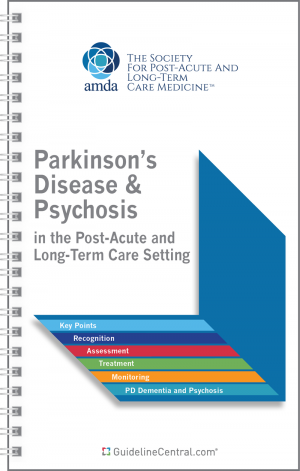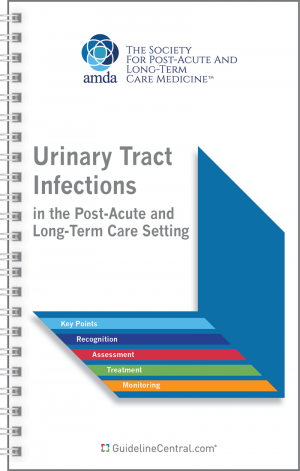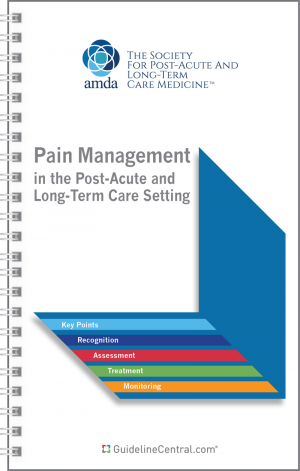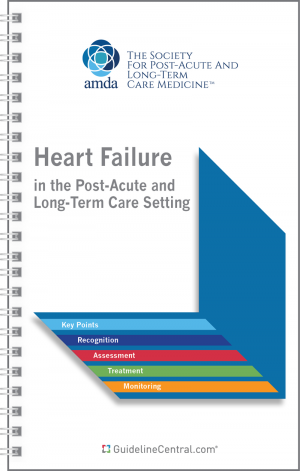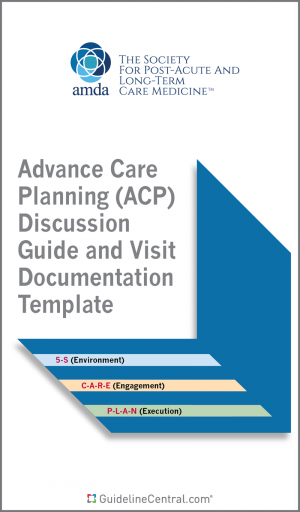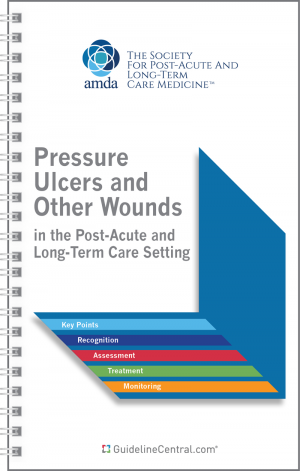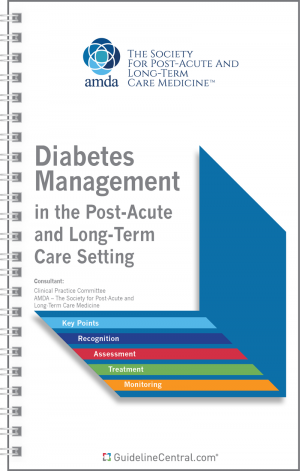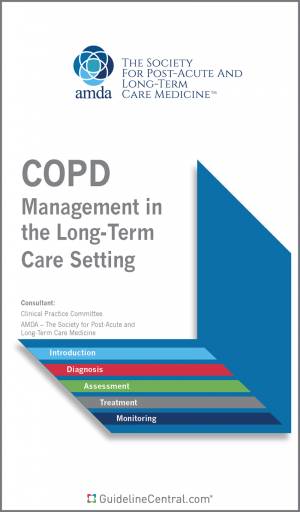Delirium, Dementia And Depression In The Long-Term Care Setting
- 58 pages
- Spiral Bound
- 80# Aqueous Coating
- 4.25" x 7.25"
- Ships in 5 – 10 business days
- Key Points
- Clinical Frailty Scale
- Definitions
- Table: Distinguishing the 3D's
- DELIRIUM
- Tables
- Predisposing Factors or Vulnerability
- Precipitating Factors or Noxious Insults
- Medications Commonly Associated with Delirium
- Non-Pharmacologic Delirium Prevention (based on the HELP program)
- CAM
- Diagnostic Test Options to Help Assess the Causes of Delirium
- Tables
- DEMENTIA
- Tables
- Neurological Conditions in Which Cognitive Function is Affected
- Behaviors That May Suggest Dementia
- Alzheimer's Disease, Vascular Dementia, and Frontotemporal Dementia
- Dementia with Lewy Bodies vs. Parkinson's disease with Dementia
- Common Types of Dementia
- Activities of Daily Living
- Selected Screening Tools for Cognitive Impairment
- Functional Assessment Staging Scale (FAST) – 7 stages
- DICE Approach
- Pharmacologic Treatment of Dementia
- Tables
- DEPRESSION
- Tables
- Psychotherapy vs. Psychosocial Treatment Modalities
- Classes of Anti-depressants with Potential Side Effects, Advantages, and Additional Consideration
- Commonly Used Antidepressant Dosing
- Phases of Major Depression Disorder
- Tables
- Appendices
- Antipsychotic Agents
- Side-Effect Profile of Common Antipsychotic Medications
- Non-Pharmacological Management of Agitation
- 3D's Quality Performance Measures
- Cornell Scale For Depression In Dementia (CSDD)
- Patient Health Questionnaire (PHQ-9)
- CMS Regulations Regarding PRN use of Psychotropic Medications
- PHQ-9-OV
- For purchases under 100 in quantity, we suggest placing the order directly through the website.
- We offer group/institutional licenses for multi-user accounts (discount amount varies depending on the number of users).
- We are proud to offer special discounts to medical schools, training programs, students and more.
- We offer bulk purchase discounts based on number of copies and number of titles.
Contact Us for more details
Description
This resource is for informational purposes only, intended as a quick-reference tool based on the cited source guideline(s), and should not be used as a substitute for the independent professional judgment of healthcare providers. Practice guidelines are unable to account for every individual variation among patients or take the place of clinician judgment, and the ultimate decision concerning the propriety of any course of conduct must be made by healthcare providers after consideration of each individual patient situation. Guideline Central does not endorse any specific guideline(s) or guideline recommendations and has not independently verified the accuracy hereof. Any use of this resource or any other Guideline Central resources is strictly voluntary.
You can also find this product included in this bundle!

